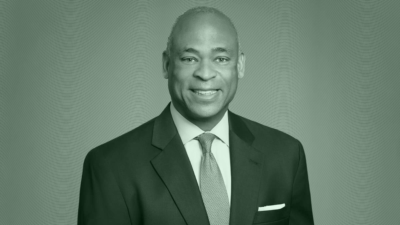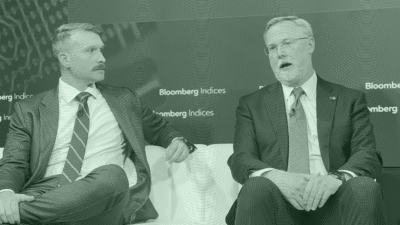Treasury Delays Anti-Money-Laundering Rule to 2028
Finalized last summer, the proposal intends to address issues like terrorist financing and foreign corruption in America’s advisory industry.

Sign up for market insights, wealth management practice essentials and industry updates.
Advisors with kingpin clients can breathe easy for now.
Regulatory efforts to crack down on malfeasance occasionally harbored by the industry are likely to be delayed for at least two years. The Treasury Department’s Financial Crimes Enforcement Network announced this week that it plans to postpone a new set of anti-money laundering requirements for financial advisors that would’ve targeted terrorist financing and foreign corruption. Though the move is not yet official, the start date for the rules is expected to move from early next year to Jan. 1, 2028, while the agency takes time to “revisit the scope” of the rule.
The delay has been welcomed by many advisors, who worried about greater oversight, burdensome regulation and increased compliance costs.
If You See Something, Say Something
Adopted last summer, the AML rule is meant to curb the use of US advisory firms for foreign corruption, tax evasion, and fraud. Treasury officials said advisors have served as gateways into the financial system for sanctioned parties including Russian oligarchs and have helped China and Russia access sensitive technology and services. The rule would’ve required RIAs and exempt reporting advisors to:
- Design risk-based AML and counter-terrorism financing programs.
- File Suspicious Activity Reports (SARs).
- Maintain records of fund transfers (though advisors rarely move client money directly).
“Advisors generally do not present significant AML risk,” Gail Bernstein, general counsel at the Investment Adviser Association, told Barron’s. “We would like to see any rule scoped better to reflect this low risk.”
Cheers and Jeers. Investor advocates, however, see a dangerous opening. “Trump talks a tough game on drug cartels and terrorism, but he has rolled back almost every rule that’s meant to hit crime where it hurts by following the money,” Corey Frayer, director of investor protection at the Consumer Federation of America, told WealthManagement.com.











